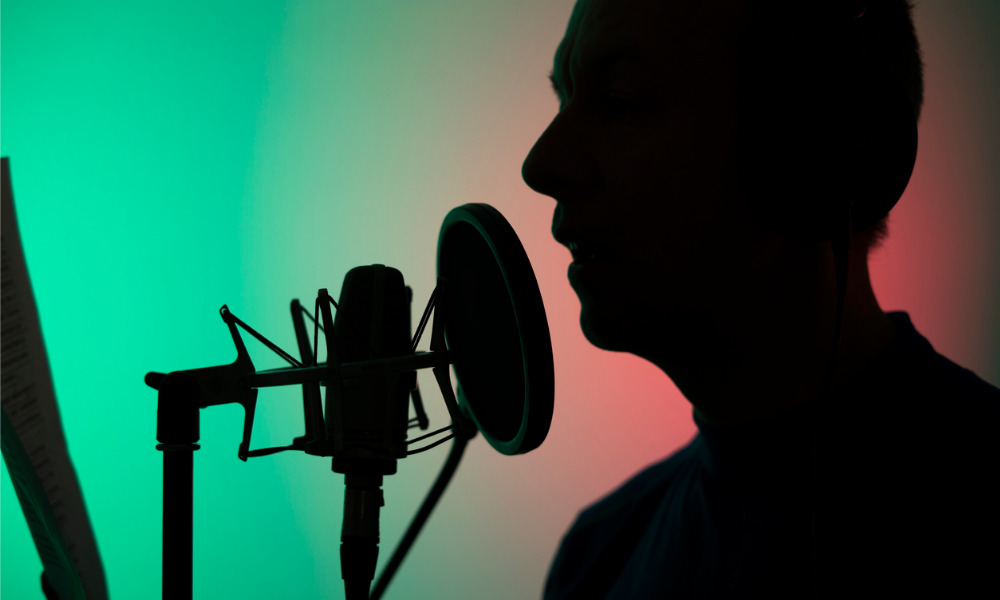'We had many anecdotal reports from performers describing both short-term and/or long-term damage to their vocal cords'

Doing voice-over work for video games is no easy work.
“Sometimes your throat is carrying a heavy load. And it’s not necessarily only screaming, laughing, bellowing. It can be whispering that’s emotionally taxing,” explained Ellen Dubin, a lead voice actor on video games told The Hollywood Reporter.
And a new report supports this claim.
Nearly three in four (74.32 per cent) of actors said very often or almost always, their sessions included loud/projected, aggressive or vocally extreme work. And 38.13 per cent said that very often or almost always, they experience vocal fatigue or stress during the voiceover session, according to the Alliance of Canadian Cinema, Television and Radio Artists (ACTRA), the union representing over 28,000 professional performers across Canada’s English-language media sector.
“We had many anecdotal reports from voiceover performers describing both short-term and/or long-term damage to their vocal cords, due to the intensity of the vocal demands put on to them in a recording session,” said David Gale, ACTRA Toronto president. “We began this survey to better understand the vocal health needs of ACTRA Toronto voice actors who are concerned about their vocal health and safety.”
And voice actors’ struggles do not end when their work is done.
About one in five (19.14 per cent) of these workers said that, very often or always, they find it hard to recover to their normal vocal quality after a video game voice-over session, according to the survey of 610 ACTRA members, conducted in June 2021. And 42.74 per cent said that it took two or more days for their vocal quality to return to “normal” after a vocally extreme voice-over session.
Because of this, some have considered turning away work: more than one in four actors (27.68 per cent) have thought about turning down a session for fear of the impact it would have on their voice, or the work it would cause them to lose.
“Performers are precarious workers, who have limited ways of protecting themselves on the job independently. Many in the ACTRA membership fear reprisal for letting an employer know if a voice session is becoming vocally stressful,” according to ACTRA. “With information gained from this study, ACTRA can ensure better protections and proactive safeguards are in place before any vocal health and safety is compromised.”
In July, ACTRA publicly called out a number of ad agencies, including Leo Burnett, over what they say is an “unlawful lock-out” of union performers.
For Dubin, their employers must take responsibility to ensure that voice actors are unharmed in their line of work.
“It’s education, training for the actor, training for everybody. It’s a collaborative effort to make sure that the actor doesn’t lose their voice,” she said.
In 2020, following an investigation into TCF Vancouver Productions Ltd and its worksite, WorkSafeBC fined the company $289,562.63 in relation to the fatal accident that occurred during the filming of the feature film Deadpool 2 in August 2017.





